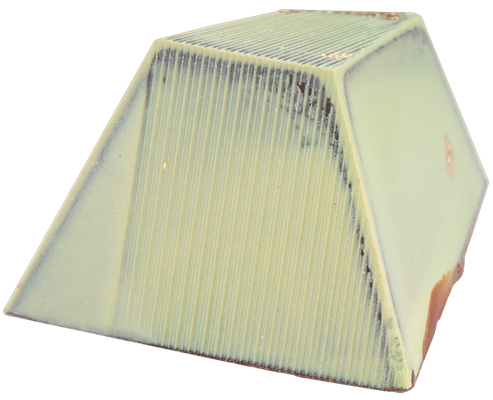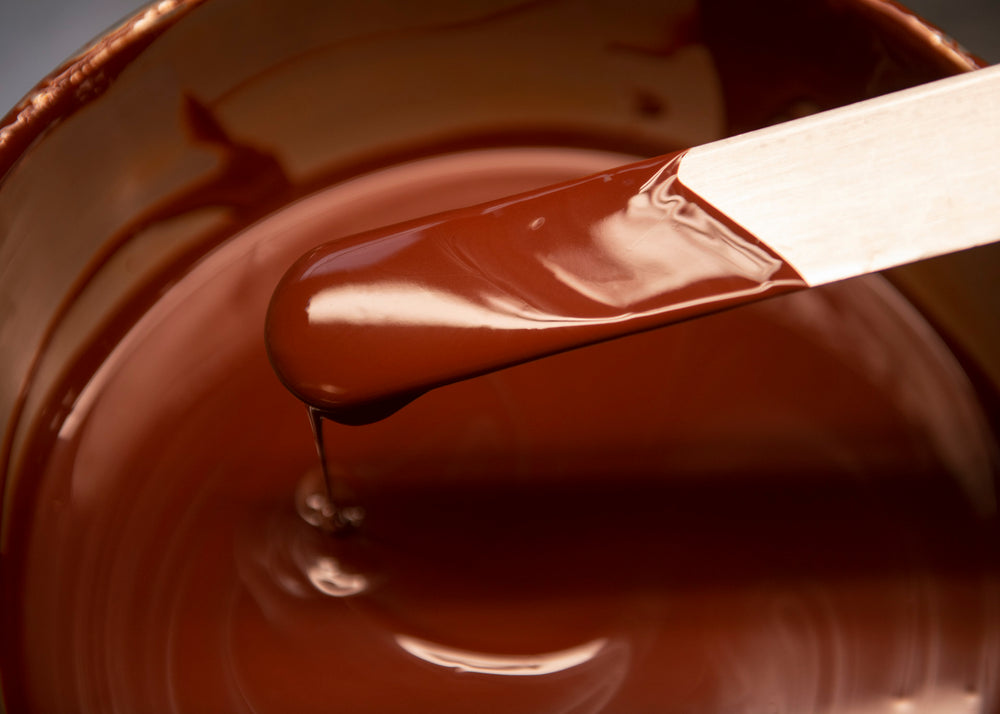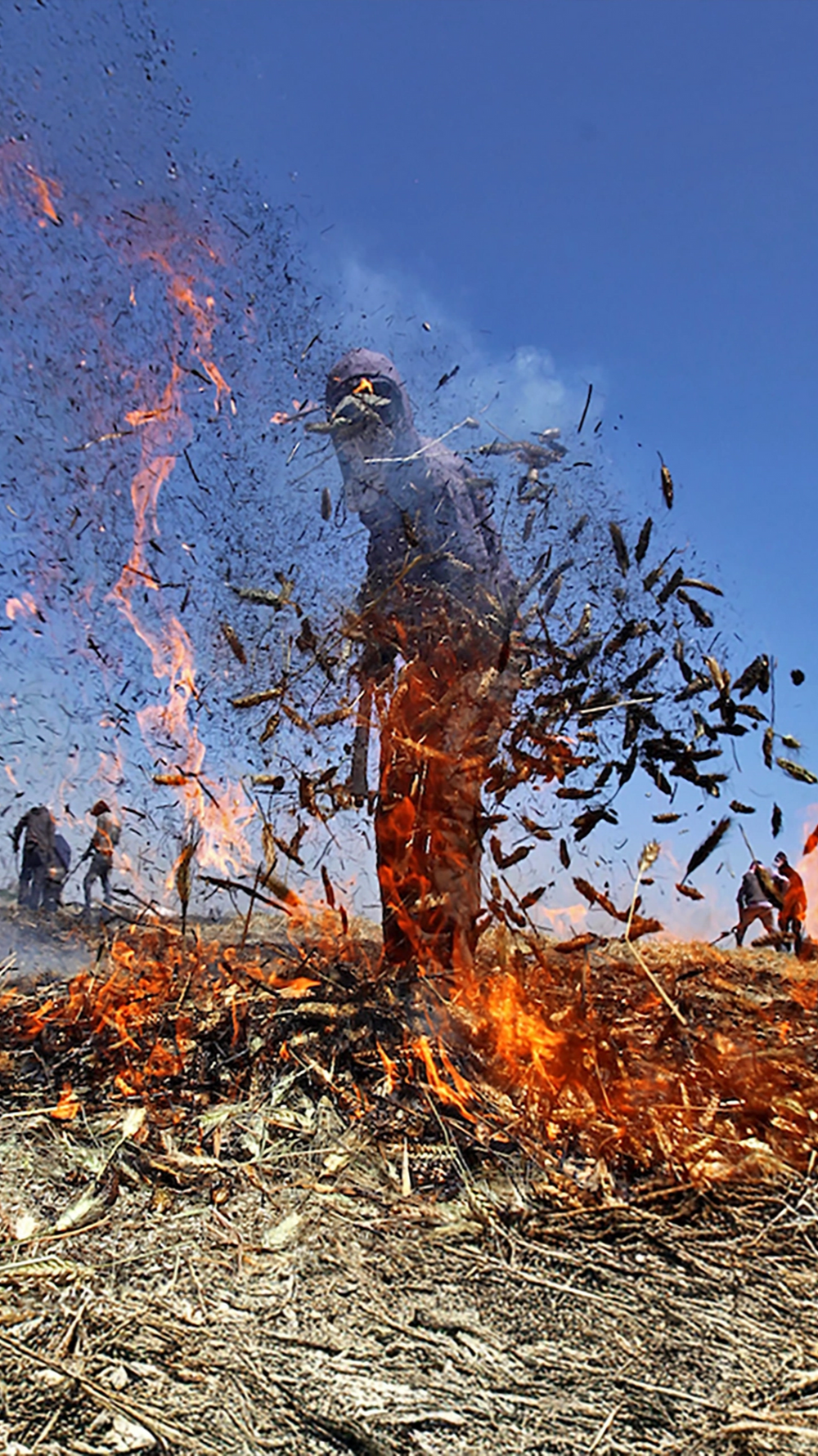
Freekeh | Palestine N° 65
During their travels to Jenin, Al-Khalil (Hebron), and Al-Quds (Jerusalem), Salem and Gernot witnessed both the difficult realities of daily life under occupation. They also witnessed the incredible resilience of people who preserve their traditions, agriculture, and a hope for justice. Freekeh, an ancient grain sustainably grown in Palestine, stands as a symbol of perseverance and renewal. Here, it’s paired with a rich, bittersweet couverture made from vietnamese cacao beans.Equally roasted and nutty, the caramelized freekeh crackles over a creamy chocolate filling that carries the green, earthy notes of this centuries‑old grain. Entirely new and yet deeply familiar. Cocoa beans from Honduras, with their green undertones, highlight the character of the freekeh.
Green – roasted – multilayered
The cultivation and preparation of freekeh have been a tradition in Palestine for centuries. The fields are tended by hand with great effort; the wheat is harvested early and roasted over open flames. Freekeh requires less water than other grains – an important factor in Palestine, where water access is restricted by the occupying authorities. The traditional roasting process preserves the grain for long periods, which is vital in uncertain economic times. Harvest season is a moment of solidarity, when families and communities come together to secure the grain and prepare it for the market.
For more than 75 years, Palestinians have been systematically dispossessed, displaced, and oppressed. Once‑fertile olive groves and fields have been expropriated, hundreds of villages destroyed, and hundreds of thousands of olive trees uprooted – a process UN experts have defined as ethnic cleansing. Yet despite this reality, people refuse to give up. For many Palestinians, agriculture is more than a means of sustenance – it embodies identity, history, and resistance. In Jenin, we work with agricultural cooperatives who, against all odds, cultivate their land and fight for economic self‑determination.

Vietnam bean – earthy green notes with a fine touch of acidity. The chocolate shells are cast, then filled, and 12 hours after filling, the pralines are sealed with chocolate. Any fractures are subsequently refined using the Kintsugi method.

Freekeh is no ordinary grain – it is wheat harvested while still green, young, and full of vitality. This early harvest preserves an abundance of nutrients that would otherwise diminish during the later ripening process. The grains are then fire-roasted directly in the field, giving them their distinctive, subtly nutty flavor. This traditional method makes Freekeh not only especially delicious but also a true powerhouse of nutrition.
The praline is not glutenfree!
All ingredients
Product nutritional values per 100g
Our chocolates are made by hand every day in Berlin. Each of our ingredients is picked and processed by us or obtained in collaboration with the most uncompromising pioneers of regional & sustainable food production.